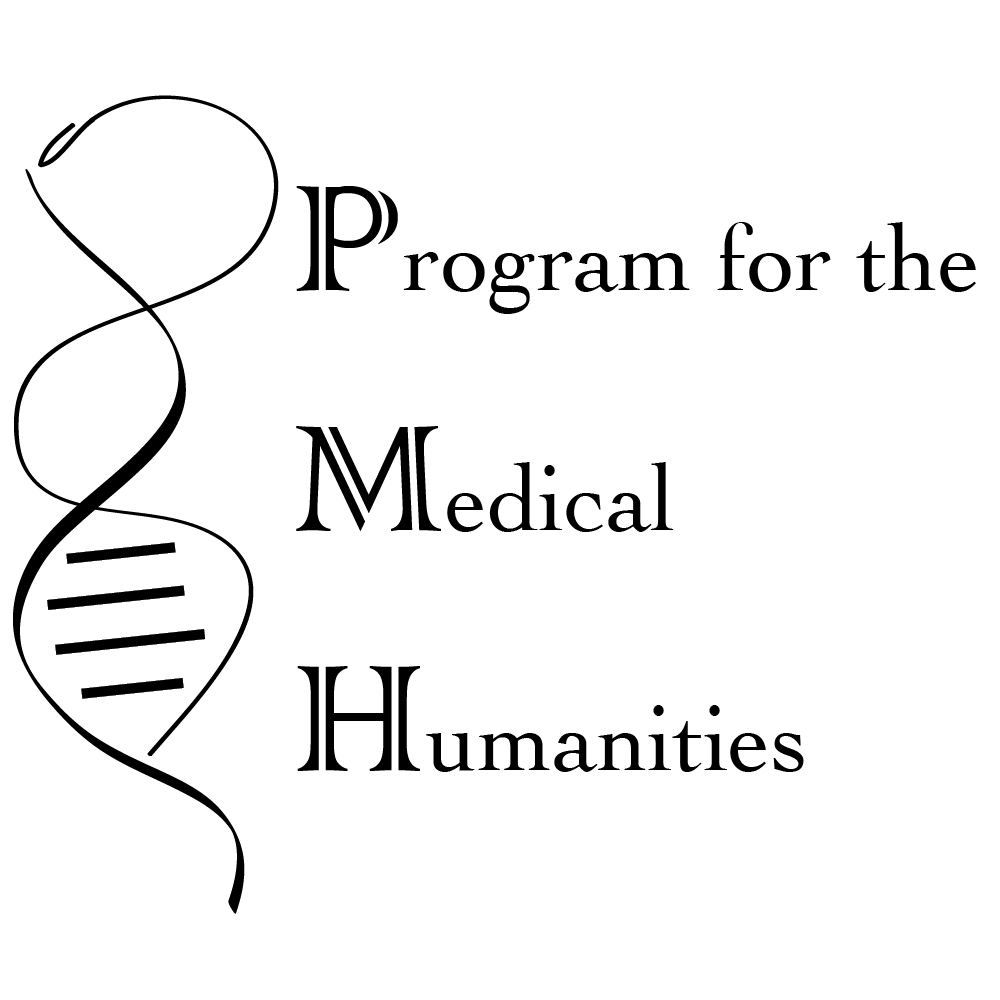
The short essays that follow are informal reflections of Fellows of the UC Berkeley Program for the Medical Humanities. The Program is an interdisciplinary conversation among scholars and medical professionals about how and where medicine, medical education and the public may benefit from the humanities, arts, and social sciences. Some of those benefits are obvious: historical work such as that done by one of our founding Fellows, Tom Laqueur, on the history of the body and the history of sexuality, contextualizes contemporary, often culture-bound, notions about both, and encourages revision and reframing in policy-making and clinical care.
Guy Micco’s abiding interest in the interface of medicine and the humanities led him, along with Tom, to bring together this gathering. He is a clinician-educator, a general internist turned hospice-palliative care physician who wants to help himself and other health care professional students and practitioners learn more about aging and dying through interdisciplinary and intergenerational conversations.
Linda Spector-Hatofsky brings years of experience in theater and performance to these conversations, and into a larger community of elders and caregivers. Her many years as playwright and director inform her current work with a diverse group that includes elders, people with disabilities, and people in hospitals and memory care facilities. Her work intersects with Stuart Kandell’s, who draws on a lifetime of listening to the stories of elders and giving them a voice onstage and in community settings. He has been a pioneer in the burgeoning field of “creative aging.” He is passionate about the impact that arts participation has on the lives of older adults’ health, well-being, and sense of meaning and purpose in life.
As a hospital chaplain, LaVera Crawley comes into daily contact with people suffering from dementia and facing death. Her broad background in spirituality studies and ethics as well as ongoing study of racial, ethnic, and cultural differences in healthcare have led to her current work on disparities in palliative and end-of-life care and the spiritual care needs of those in various stages of dementia.
Marilyn McEntyre shares LaVera’s interest in spirituality and the life of the body, as well as in the role of narrative and poetry in shaping personal and cultural attitudes toward health and medical care. As a literary scholar and teacher, she has fostered conversations in courses, workshops, retreats, and conferences on how the stories we tell ourselves about ourselves affect personal and political choices about how to care for ourselves and each other. Her recent study of poetry by people with chronic or terminal illness or disability, Patient Poets, has deepened her conviction that poetry plays a unique and important role in healing.
Marc Pollock, a cardiac surgeon, shares a particular interest in stories as well, reinforced by a recent fellowship in palliative and end-of-life care. Exploring the role of narrative as a way of processing his own experiences as caregiver and helping patients process theirs has convinced him that stories build bridges of understanding that focus clinical encounters in new, more complex and humane ways. Clinical stories, he believes, are not objects with defined boundaries, but relational events that take shape in collaboration between a teller and a listener at a particular moment, and those moments lie at the heart of “narrative medicine.”
Lucia Tanassi’s current work on ethical dilemmas in critical care touches on issues articulated in all these fields, and is rooted in medical anthropology and medical ethics. Like other Fellows, she takes a particular interest in mental health, aging, and end-of-life care, though her work has also taken her into less-traveled territory like the ethics of plastination. Her focus on agency, personhood, and how meaning is produced in clinical encounters draws upon insights from all the disciplines mentioned, and touches on all our common concerns.
As a group we are committed to learning from each other, helping sustain responsible interdisciplinarity in our respective approaches to medicine, and offering colleagues, students, medical institutions, and the public new ways to think about questions concerning how to live, age, and die with dignity, grace, and optimal health of mind and body.
We will be hosting a conference April 30-May 1, 2015 on Personhood, Aging, and Dementia at UC Berkeley. If you have a serious interest in this topic, and would like to attend, please email Guy Micco.









